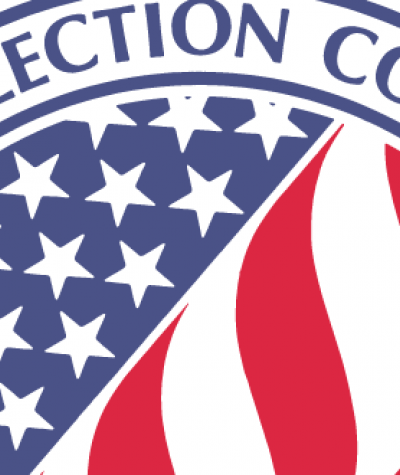In 2011, Campaign Legal Center and Democracy21 filed complaints with the Federal Election Commission and sent letters to the Department of Justice seeking an investigation into the apparent use of three Limited Liability Companies to hide the real source of three $1 million donations to a super PAC. Five years later, the FEC dismissed all three complaints because four of six commissioners could not agree to take any action.
Making a contribution in the name of another (often called money laundering) is one of the more serious violations of the law, as it undermines the very concept of disclosure. So, while we have yet to see any explanation from the FEC commissioners for why they refused to take action on these complaints, it is virtually incomprehensible that at least four commissioners could not agree that establishing an LLC to hide the source of a contribution was a violation of the law. If, as it seems, three of the commissioners are seriously going to argue that it is legal to make a political contribution through a front for the purpose of hiding your identity, we are a long way down the road to saying good-bye to real disclosure.
In a recent blog post, “The FEC and the Case of the LLC,” even Bob Bauer, who regularly finds ambiguity and uncertainty in campaign finance laws, has to ask “[H]ow could it be that the alleged establishment of an LLC to mask the true source of a large contribution isn’t even subject to an investigation?”
But, at the same time he is being forced to acknowledge that “the FEC has managed to look as bad as possible” in this matter, Bauer also makes an effort to soften the blow by accusing CLC of “overkill” in how it sought enforcement of the law. He ignores the fact that CLC and Democracy 21 filed three separate complaints in 2011 involving different instances of contributions being made through LLCs and all three have just been dismissed by the FEC. Instead, he focuses on one complaint where the real contributor did come forward and claimed he had been advised by a lawyer, underplaying the seriousness of the problem. Then, without a hint of embarrassment, Bauer argues CLC “somewhat over did things” when it alleged that the LLC may have become a political committee and suggests that the framing of the complaint played a part in the FEC’s inability to take any action.
Ironically, the day before Bauer’s blog post, a Superior Court judge in the State of Washington ruled that a trade association that had created an account for the purpose of allowing members to pay for political activity while hiding their identities violated the law when it failed to register as a political committee. Even though the trade association claimed that it had relied upon the advice of counsel, the court had no problem finding that the trade association was subject to penalties; the only question was the amount of those penalties. In contrast, the FEC took five years and then deadlocked on even looking into three complaints alleging the use of front groups to hide the identities of contributors.
Rather than holding the FEC accountable for its failure to enforce the law—even when a violation is clear—Bauer is still trying to give the FEC cover by suggesting that complainants who make reasonable arguments in an effort to get the FEC to do its job should shoulder some of the responsibility for the agency’s complete dereliction of its duties.
The fact that Bauer thinks this is even an acceptable argument shows how little respect for the law and the FEC remains and how far some are willing to go to excuse the inexcusable.
